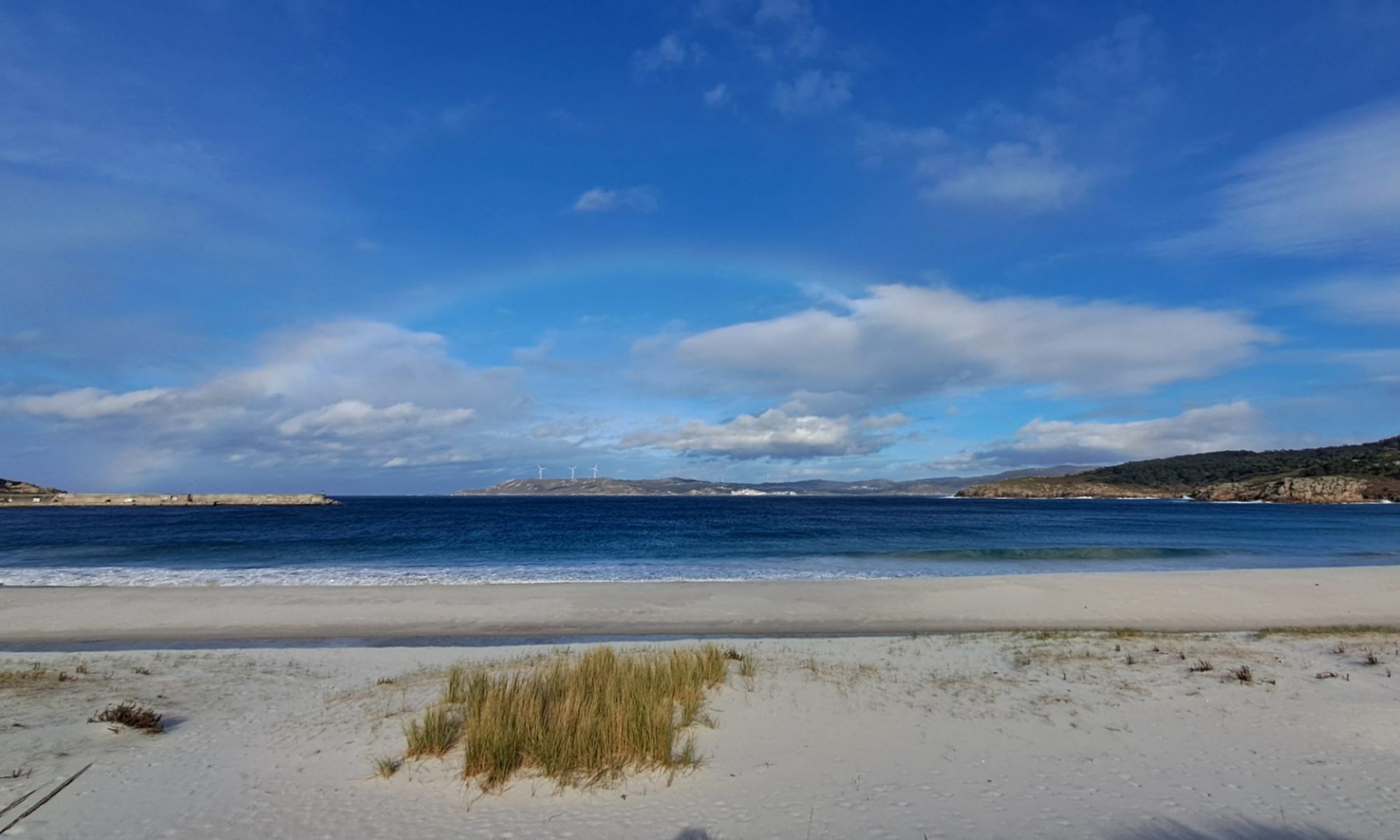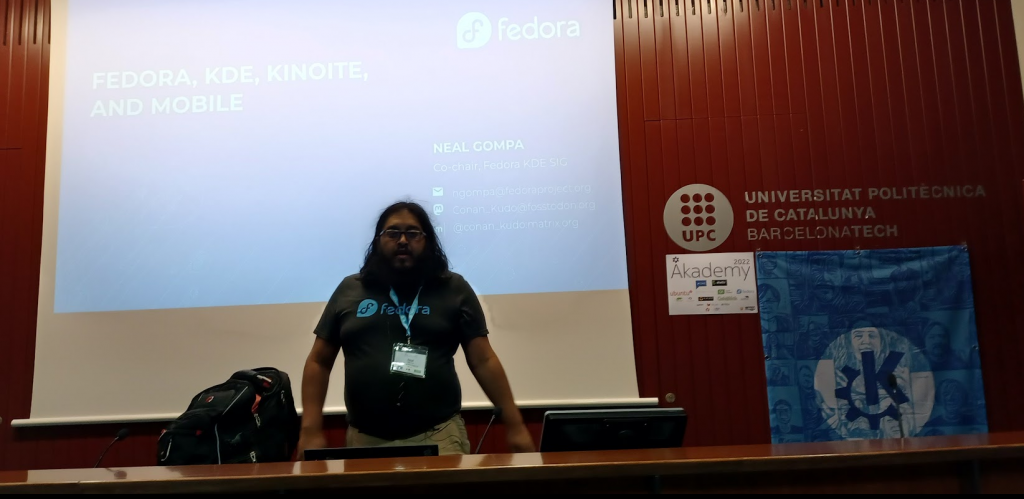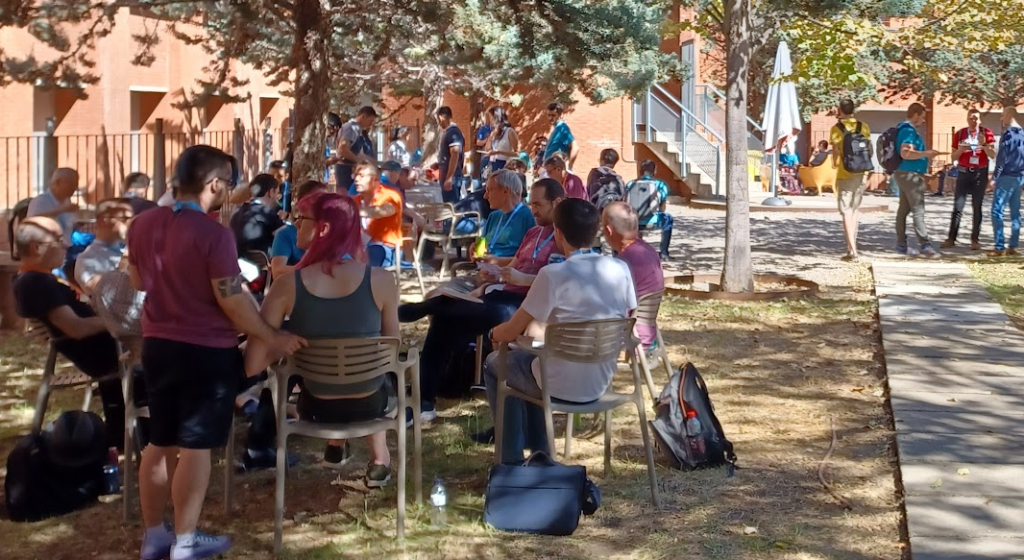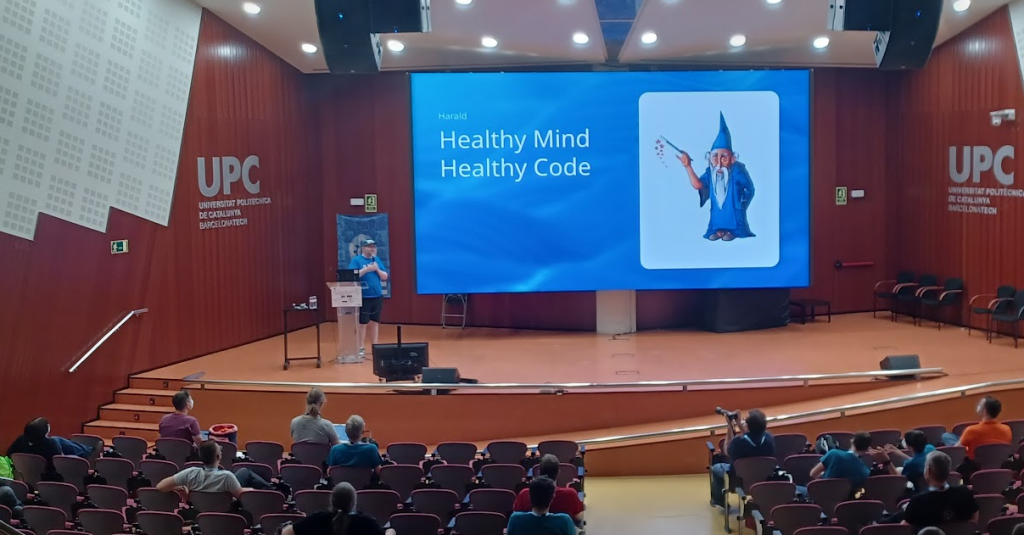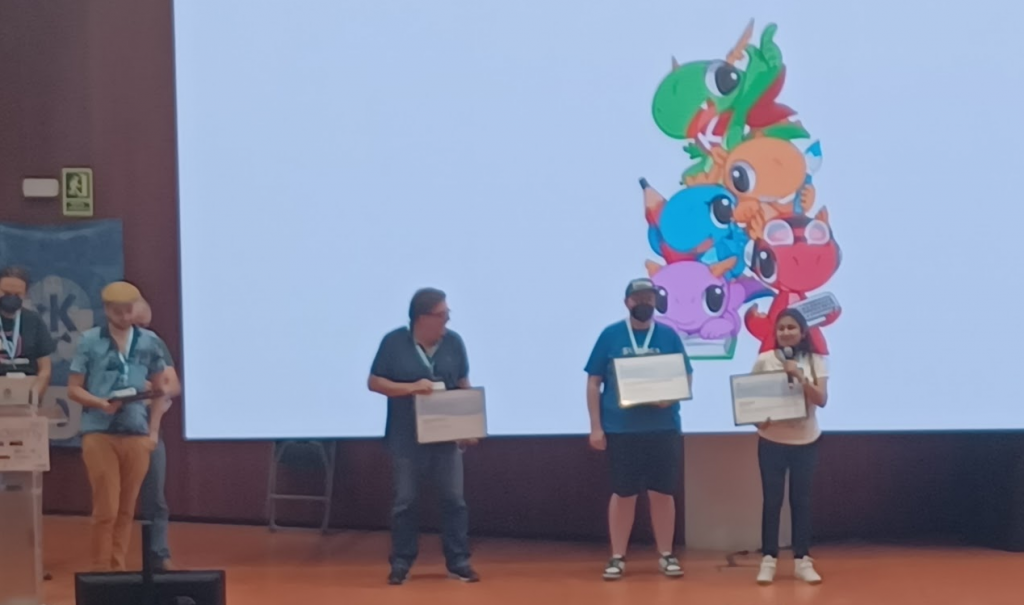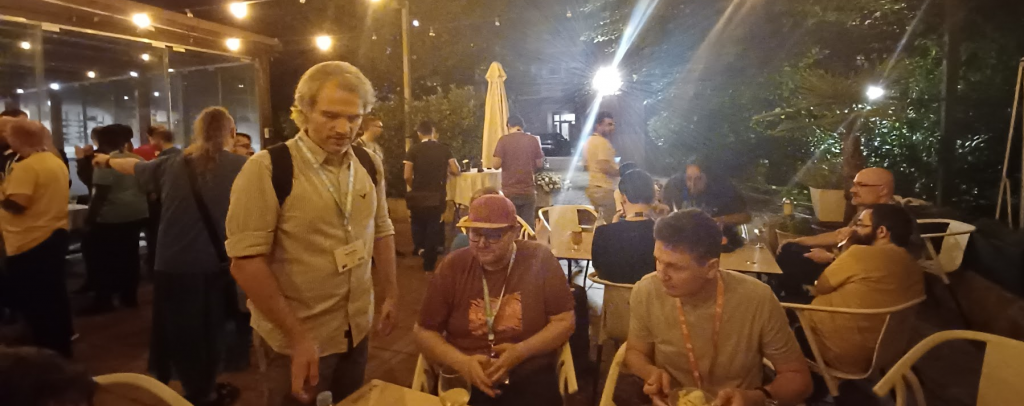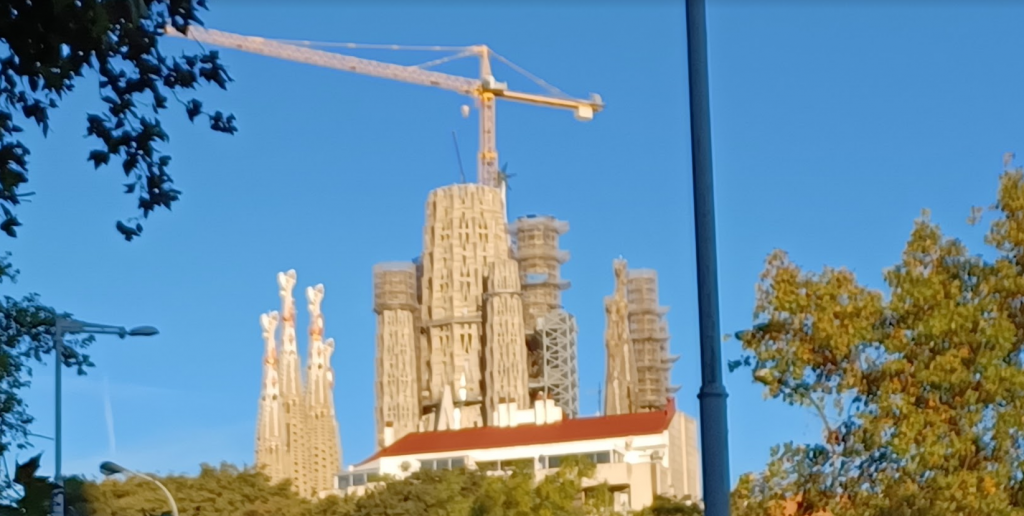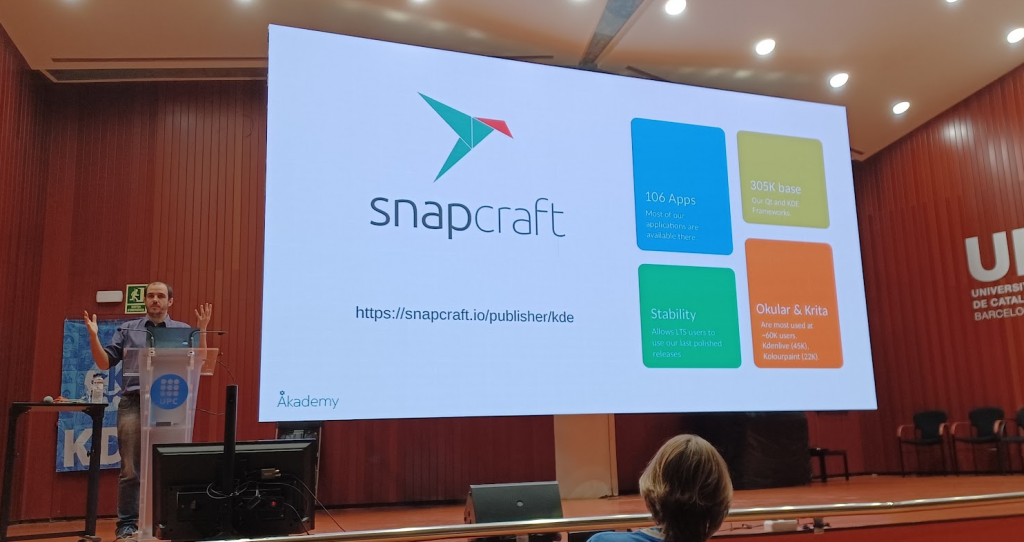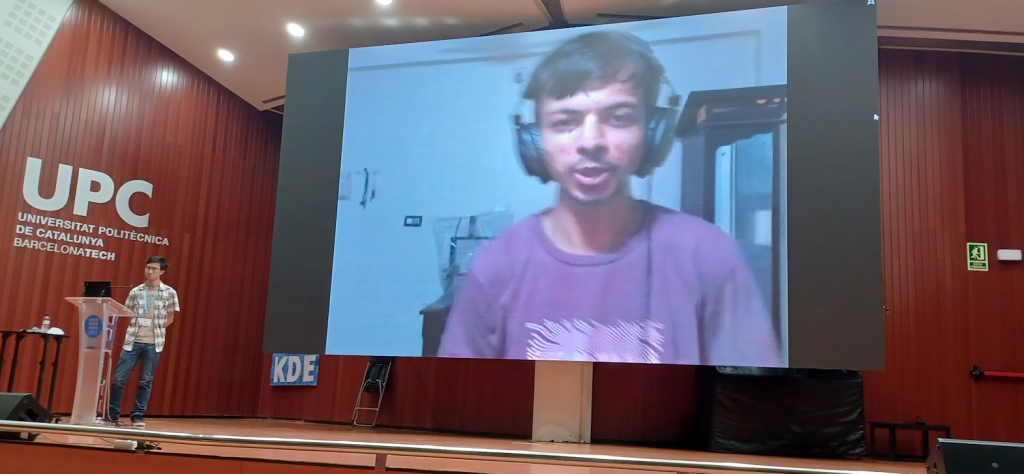
After two days of talks we have moved to a week of BoF sessions. (I’m not a fan of the term BoF but I’ve never managed to think of anything better.) Here’s some notes I made incase anyone is interested.
The big news is the Frameworks 6 session had some Plasma people there too and voila we have a plan for 6. Most Frameworks and even most Plasma is already working with Qt 6. So the last Frameworks 5 release is due in December and then work will happen to finalise the porting to Frameworks 6 and once that’s solid releases will start again using Qt 6. And for Plasma we’ll make a final Plasma 5 release at the start of next year versioned 5.27. That will be LTS so we’ll stop the 5.24 LTS releases and make further 5.27 releases as long as they are useful. The finalising of the porting to Qt 6 will start in January and we’ll schedule a release whenever that becomes practicle which should be not too far into 2023.
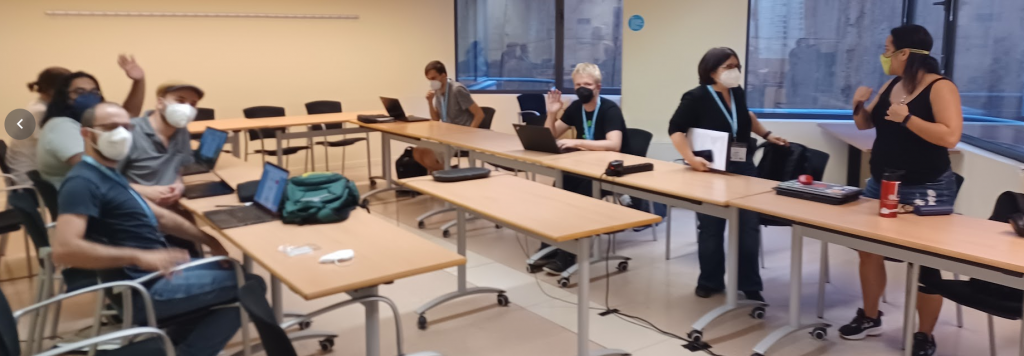
We had a session with App Stores looking at what are the most popular products and what methods are there to make money. My notes say we discussed charging some money on the Windows store for say Okular and monitor how well that goes down. There’s also ideas of bundling games together. Monitoring could be implemented with KUserFeedback. KStars could be worth asking money for but that’s already on the MS store for free. Automatic testing would be very useful for app deployment, possibly with OpenQA or other tech. I asked for help with packaging Kontact and Akonadi in Snaps (Flatpaks need it too).
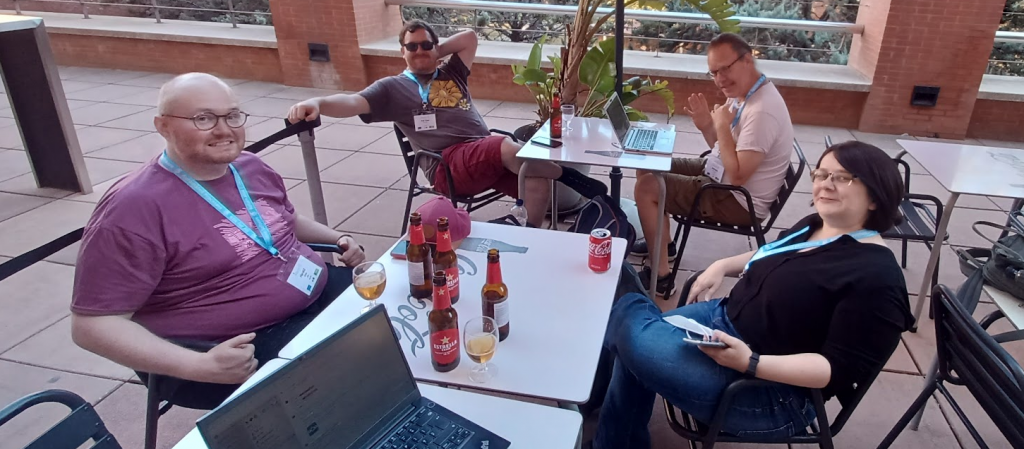
The translations, which have always been kept separate in KDE codebase, are now copied nightly into master by the Scripty script. This should make it easier to make tars although releaseme will continue to copy over the latest translations when run. Some apps need CMake updated for this change. Most importantly this means KTuberling can compile in KDE neon for the first time years.
Speaking of KDE neon, we had a KDE neon session. Nate suggested the idea of making a specification that could be applies to brand any distro spin which would require it to ship up to date KDE software, apply recommended patches prompty, use KDE’s Qt branches, use recommended software suite, not change wallpapers etc. We decided that using the neon branch for this was not the way to go but it could be e.g. a Plasma Distro Experience certified brand. Needs someone to make the spec and the test suite.
Back to neon proper we discussed the rebase on ubuntu 22.04 which is almost nearly ready and David Redondo was good enough to do a live upgrade in the BoF but it broke in various ways so I guess some more fixes needed here. The problems of invent gitlab rejecting our server for Git requests was dicussed, it’s the main thing that drags neon releases when we are slow, more debugging is needed. We pondered added RiscV and concluded “do it”. Moving our infrastructure into invent is still blocking on a service which orders the builds. kdeedu-data builds are still broken (because translations are funny here) and Albert has said he’ll write the code for this.
On Wednesday we had a nice hike up the mountain of Montserrat and then an even longer hike downwards.

On Thursday David Faure gave us a training on debugging and profiling as sponsored by KDAB. He took us through using strace. rr is for record and replay which lets gdb do a reverse run which is useful for non-deterministic tests that randomly fail. And for gdb he recommends using cgdb the ncurses frontend for it. He took us through gammaway which lets you see lots of interesting Qt goings on such as which signals and slots get run, which settings are set in widgets etc etc. radardoc is a good debugging tool for graphics calls. And he took us through compiler sanitizers which get more debug tooling into gcc and clang and works similar to Valgrid but with some different properties.
Later on we went for pizza on the beach.
